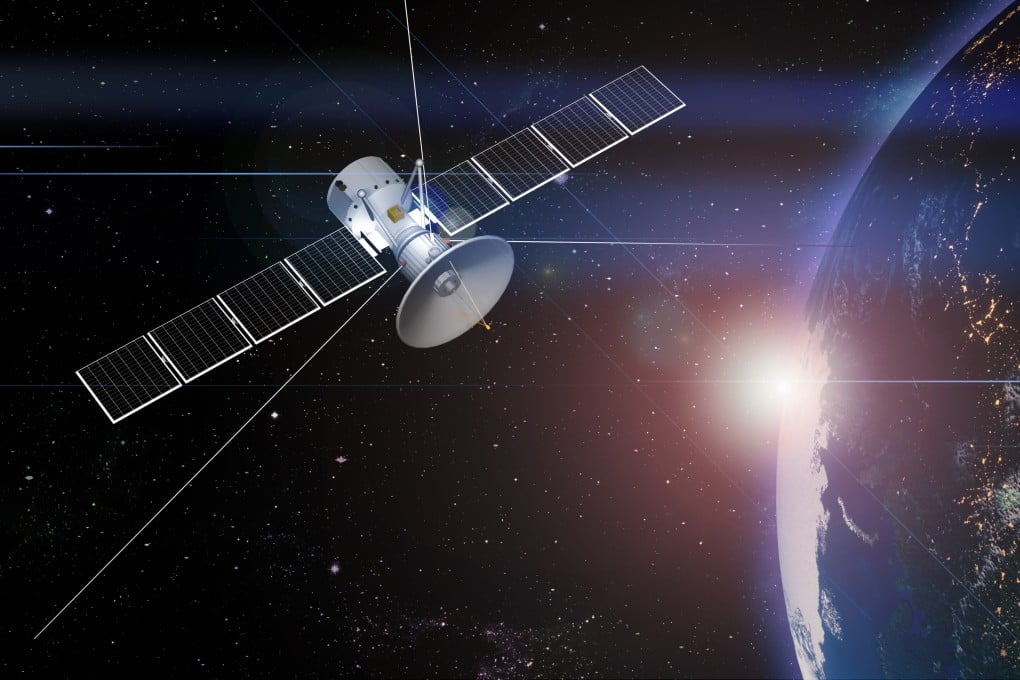China space laser zaps competition with data speed record: paper
- Beijing-based team says its technology can connect satellites to beam six films a second coast-to-coast, from a device smaller than a suitcase
- Engineers use ‘rule-breaking’ innovations to achieve transmission speeds of 10 gigabits per second in on-ground testing

The technology is fast enough to send six high-definition films from Seattle to New York in less than a second, according to research team leader Yang Jian, director of advanced communication technology with defence industry contractor the Beijing Institute of Remote Sensing Equipment.
In a paper published last week in domestic peer-reviewed journal Optical Communication Technology, Yang and his colleagues said the device – smaller than a suitcase and weighing just 12kg (26.4lbs) – would help China build a massive internet-like structure in Earth’s near-orbit and beyond.
The technology was initially developed for an unnamed space project and has a working range of more than 4,000km (2,485 miles), with an average speed of 10 gigabits per second.
In contrast, Japan’s JDRS-1 laser satellite – launched in 2020 to relay data between spy satellites – can reach up to 1.8 gigabits per second, while the US military’s Next Generation Space Architecture plans to achieve a global network of laser satellites with a bandwidth of from 250 megabits per second to one gigabit by 2028.
The commercially owned SpaceX in the US established a link between two of its Starlink satellites during a laser communication experiment in 2020. The transmission speed was not revealed, but company founder Elon Musk said he expected future developments to increase speeds to 10 gigabits per second.